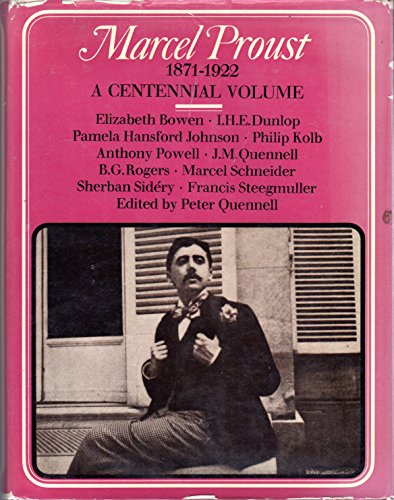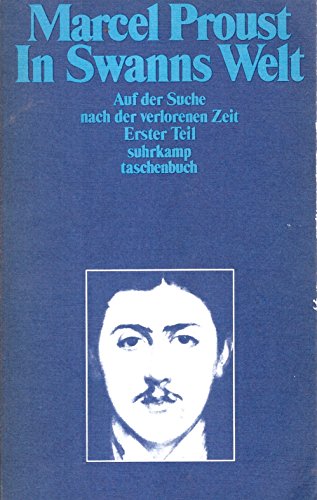
As you read more and more and realize how certain themes or notes keep coming back… it’s like life. Everyone wants to live more than one life and Proust is like “here’s another one you can live.” His offers a certain interface with yours that keeps popping out… I found it completely gripping all the way.

But reading Proust… it’s a whole world not just a book. It’s a commitment, today everyone is checking their devices every ten minutes. This is, I think, the strange magic of reading Proust. The slow accumulation of sensual details, associations, elaborate metaphors, and meandering stories inevitably creates an illusion that I have entered the borderless movements of the narrator’s singular consciousness, that by following the drift of another person’s thoughts over time, that is, page after page, I have illuminated my own mnemonic processes and felt realities. For me reading and rereading In Search of Lost Time has been a long and liquid experience, an immersion in what William James famously called the “stream” of thought.


As I pointed out in a paper, first published in the journal Neuropsychoanalysis (2011), it is not that the madeleine instantly conjures a chain of particular memories in the narrator-what it summons is a feeling, and it is the feeling, which, after a delay, acts as an opening to what once was, never as a perfect recollection but as a particular past alive in the present.Īnd yet, whatever the precise neurological realities of memory may turn out to be, Proust’s masterwork is a narrative text, not a treatise on physiology. Sollier was interested in memory, and although there are no extant documents that describe his treatment of Proust, the physician was known to have induced in his patients what Julien Bogousslavsky in his 2007 paper refers to as the “emotional surges of involuntary memories.” Proust’s narrator longs for a deeply felt form of re-experience rather than an arid autobiographical account of a personal past hardened by years of reiteration.

In 1905-1906, Proust spent six months in a sanitarium under the care of Paul Sollier, a brilliant follower of the most famous neurologist of the previous generation, Jean Martin Charcot. Much has been made of Proust’s prescience about memory and its resemblance to thought in contemporary neuroscience, but, in fact, he was influenced by the neurology of his time. A distinction, however, can be made between involuntary memories that usually arrive through a sensual catalyst and memories that are actively recalled.


 0 kommentar(er)
0 kommentar(er)
